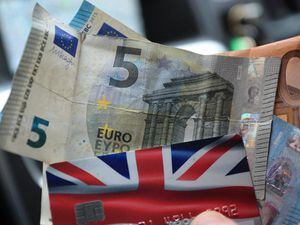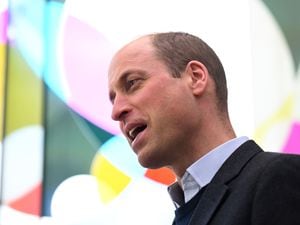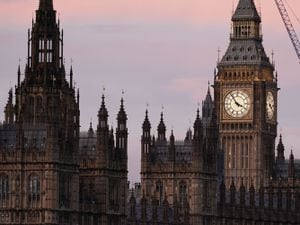Business relief at Brexit transition deal
The CBI said the agreement will provide certainty for firms but Brexiteers remain concerned about the Irish border.

Business leaders have reacted with relief at the agreement of a transition deal between Britain and the EU amid fear firms could have faced a “cliff edge” break when the UK leaves in March 2019.
Following talks in Brussels, the EU’s chief negotiator Michel Barnier and Brexit Secretary David Davis said businesses would continue to enjoy unfettered access to the single market and the customs union until the end of 2020.
CBI director general Carolyn Fairbairn said the agreement brought “a welcome gift of time” for firms in the UK and the EU.
“Agreeing transition is a critical milestone that will provide many hundreds of businesses with the confidence to put their contingency planning on hold and keep investing in the UK,” she said.
“While some sectors may need more than 20 months to prepare for post-Brexit life, this is a victory for common sense that will help protect living standards, jobs and growth.”
Adam Marshall, director general of the British Chambers of Commerce, said: “While some companies would have liked to see copper-bottomed legal guarantees around the transition, the political agreement reached in Brussels is sufficient for most businesses to plan ahead with a greater degree of confidence.”
Leading Brexiteer and Conservative MP Theresa Villiers also welcomed the agreements in Brussels on the transition period and on future citizens’ rights.
Ms Villiers, a former Northern Ireland secretary, expressed concern that the EU’s “backstop” position on the Irish border – which would see the North remain in the single market and customs union if there was no wider agreement – remained in the text, but said she believed the issue could be resolved satisfactorily.
“It is only there if the proposed solutions aren’t agreed,” she told BBC Radio 4’s The World At One.
“I think a good thing about today’s announcement is the fact that the border question is not settled isn’t holding up progress to the next stage of the negotiations”
However, Labour MP Chuka Umunna – a supporter of the Open Britain group which campaigns against a “hard Brexit” – said the Government had been forced to back down on a series of key demands.
“Despite once claiming they held all the cards in the negotiations, in the end the Brexiters have been prepared to compromise and surrender on almost every single point,” he said.
“On the divorce bill, on the primacy of European law, on freedom of movement, on fisheries, the Government has yet again capitulated.”
Liberal Democrat leader Sir Vince Cable said the agreement did little more than “paper over the cracks” between the two sides.
“We still have little idea of what will happen to the Northern Ireland border, and the Government has been forced to agree a shortened transition period to December 2020,” he said.
Bertie Armstrong, chief executive of the Scottish Fishermen’s Federation, said: “This falls far short of an acceptable deal.
“We will leave the EU and leave the CFP, but hand back sovereignty over our seas a few seconds later. Our fishing communities’ fortunes will still be subject to the whim and largesse of the EU for another two years.”





